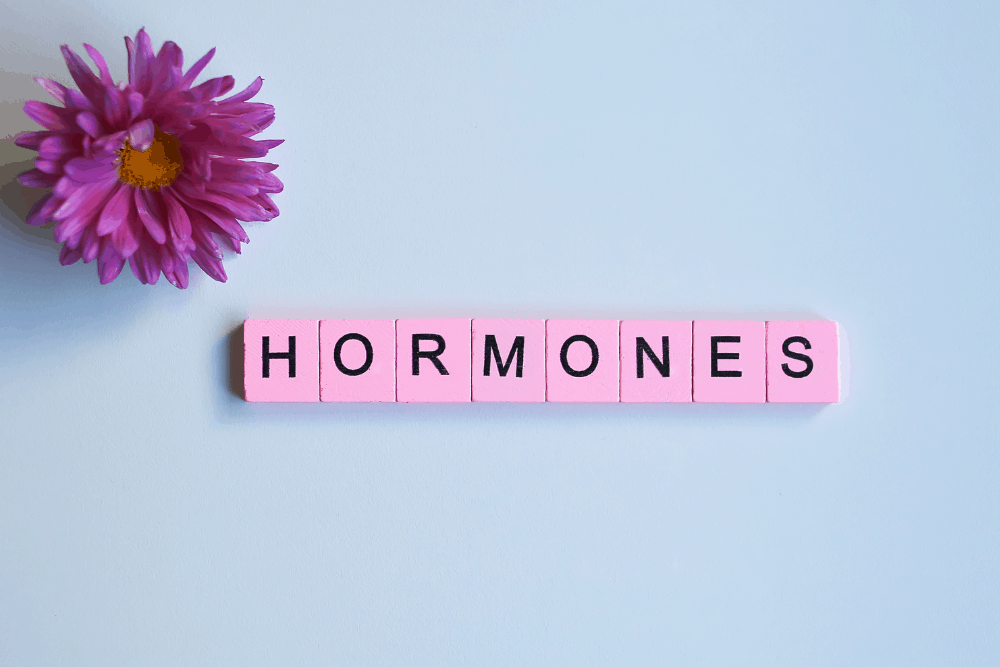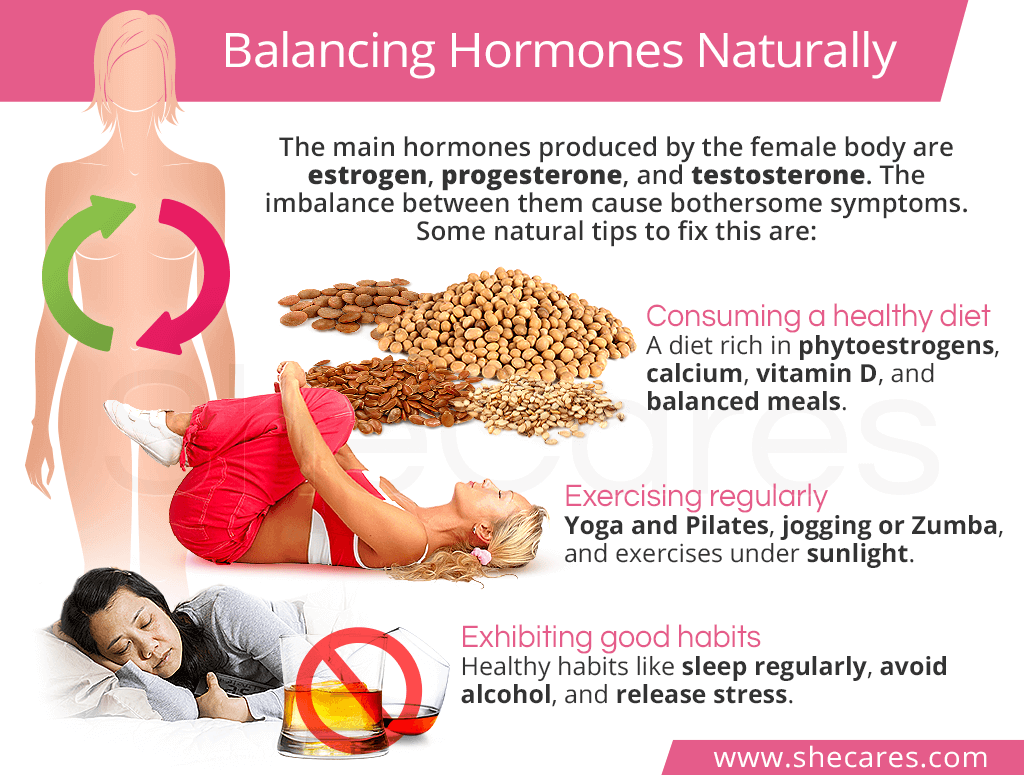Balancing Hormones: Tips For Managing Hormonal Imbalances In Women
Balancing hormones is an important aspect of overall health that many people overlook. Fortunately, there are many steps you can take to help balance your hormones naturally. In this post, we will explore the importance of hormone balance, the different types of hormones, the risk factors associated with imbalanced hormones, and the various ways to recognize and treat imbalances.
Understanding Hormones
Hormones are chemical messengers that are produced by your endocrine glands and transported through your bloodstream to various organs and tissues in your body. They play many important roles in your body, such as regulating your metabolism, mood, growth, and reproduction.

What is Hormone Balance?
Hormone balance refers to the proper regulation and production of hormones in your body. When your hormones are in balance, they work together to maintain your overall health and wellbeing. However, when your hormones become imbalanced, it can lead to a variety of health problems and complications.
The Importance of Hormone Balance
Hormone balance is important for a variety of reasons, including maintaining a healthy weight, regulating mood, improving memory, and increasing energy levels. Hormone imbalances have been linked to many health problems, such as diabetes, thyroid disorders, PCOS, and certain cancers.
Statistics on Hormone Imbalances
According to the American Association of Clinical Endocrinologists, approximately one in eight women will develop a thyroid disorder in their lifetime. Additionally, over five million women in the United States suffer from PCOS. Hormone imbalances are also becoming increasingly common in men, with low testosterone levels affecting up to 40% of men over the age of 45.
Types of Hormones
There are many different types of hormones in your body, including:
- Estrogen: this hormone is primarily associated with female reproductive health and is important for regulating menstrual cycles, maintaining bone density, and promoting healthy skin.
- Progesterone: this hormone is also associated with female reproductive health and is important for maintaining fertility and promoting healthy pregnancy.
- Testosterone: this hormone is primarily associated with male reproductive health and is important for maintaining muscle mass, promoting bone growth, and increasing sex drive.
- Thyroid hormones: these hormones are important for regulating metabolism, temperature, and energy levels.
- Cortisol: this hormone is important for regulating stress levels and immune system function.

Risk Factors for Hormone Imbalances
There are many different risk factors for hormone imbalances, including:
- Age: as you age, your hormone levels naturally begin to decline, which can lead to imbalances.
- Diet: a poor diet that is high in sugar, processed foods, and unhealthy fats can lead to imbalances in hormone production.
- Stress: chronic stress can lead to imbalances in cortisol and other stress hormones.
- Environmental toxins: exposure to environmental toxins such as pollution, pesticides, and chemicals can disrupt hormone production.
- Medical conditions: certain medical conditions such as PCOS, thyroid disorders, and pituitary gland disorders can affect hormone production.
Recognizing Early Symptoms of Hormone Imbalances
Early recognition of hormone imbalances is important for preventing complications and improving overall health. Some common symptoms of hormone imbalances include:
- Irregular menstrual cycles
- Weight gain or difficulty losing weight
- Mood swings or irritability
- Low sex drive
- Fatigue or low energy levels
- Memory problems

Diagnostic Tests for Hormone Imbalances
If you suspect you have a hormone imbalance, your healthcare provider may order diagnostic tests to confirm the diagnosis. Some common diagnostic tests include:
- Blood tests to measure hormone levels
- Thyroid function tests
- Ovarian function tests
Awareness and Prevention of Hormone Imbalances
There are many steps you can take to help prevent hormone imbalances, such as:
- Eating a healthy diet that is rich in fruits, vegetables, lean proteins, and healthy fats
- Managing stress through relaxation techniques such as yoga, meditation, or deep breathing
- Limiting exposure to environmental toxins by using natural cleaning products, eating organic foods, and avoiding exposure to pesticides and chemicals
- Getting regular exercise to help regulate hormone production and maintain a healthy weight
Early Detection and Treatment of Hormone Imbalances
Early detection and treatment of hormone imbalances is important for preventing complications and improving overall health. Treatment options may include hormone replacement therapy, medications to regulate hormone production, or lifestyle modifications such as diet and exercise.
Support and Resources for Hormone Imbalances
If you are struggling with hormone imbalances, there are many resources available to help you manage your symptoms and improve your overall health. Some helpful resources include:
- Hormone therapy clinics
- Support groups
- Nutritionists or dietitians who specialize in hormone balance
- Online forums and communities

In conclusion, hormone balance is an important aspect of overall health that should not be overlooked. By understanding the different types of hormones, the risk factors associated with imbalances, and the various ways to recognize and treat imbalances, you can take important steps towards improving your overall health and wellbeing.
Komentar
Posting Komentar